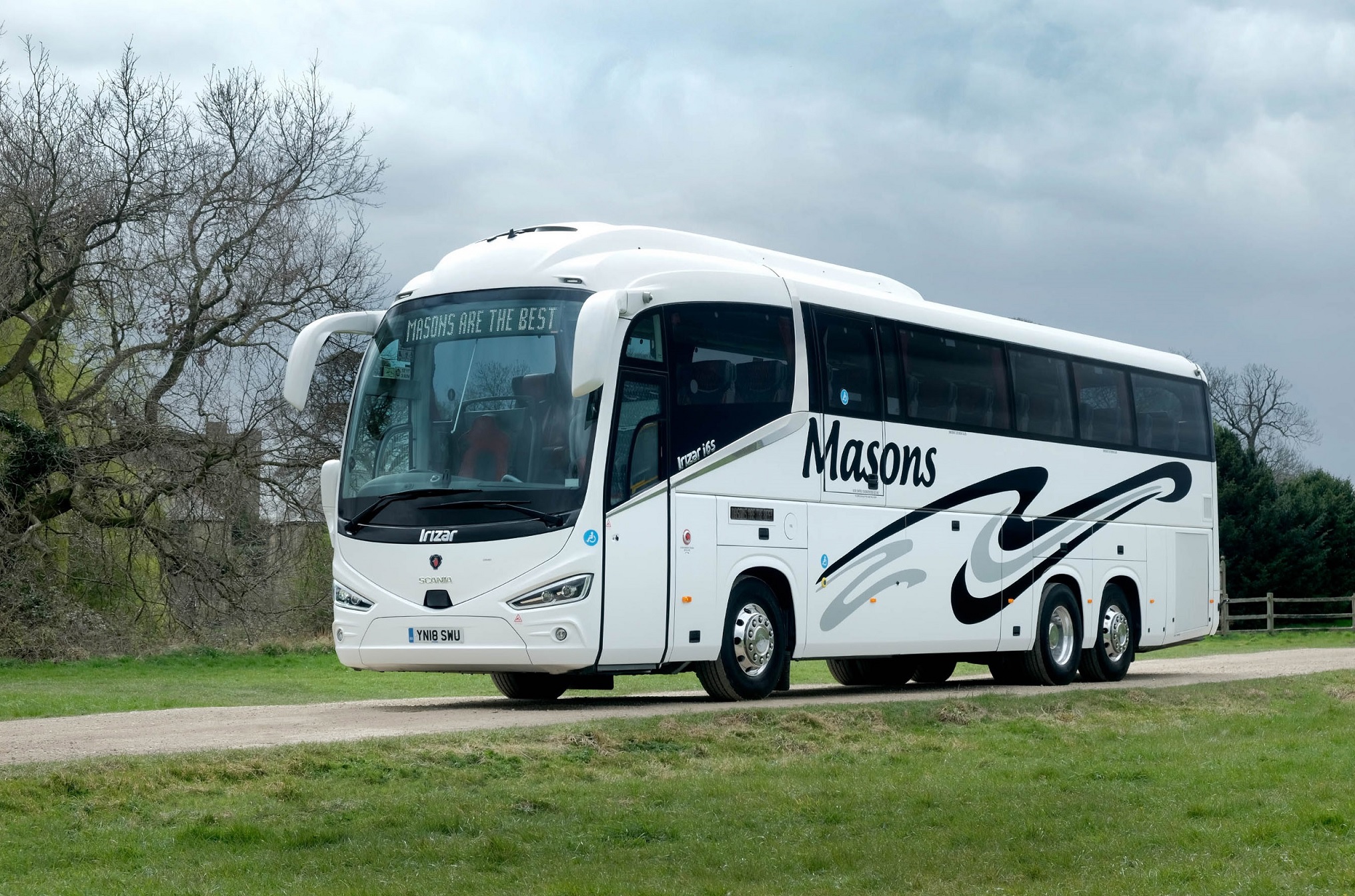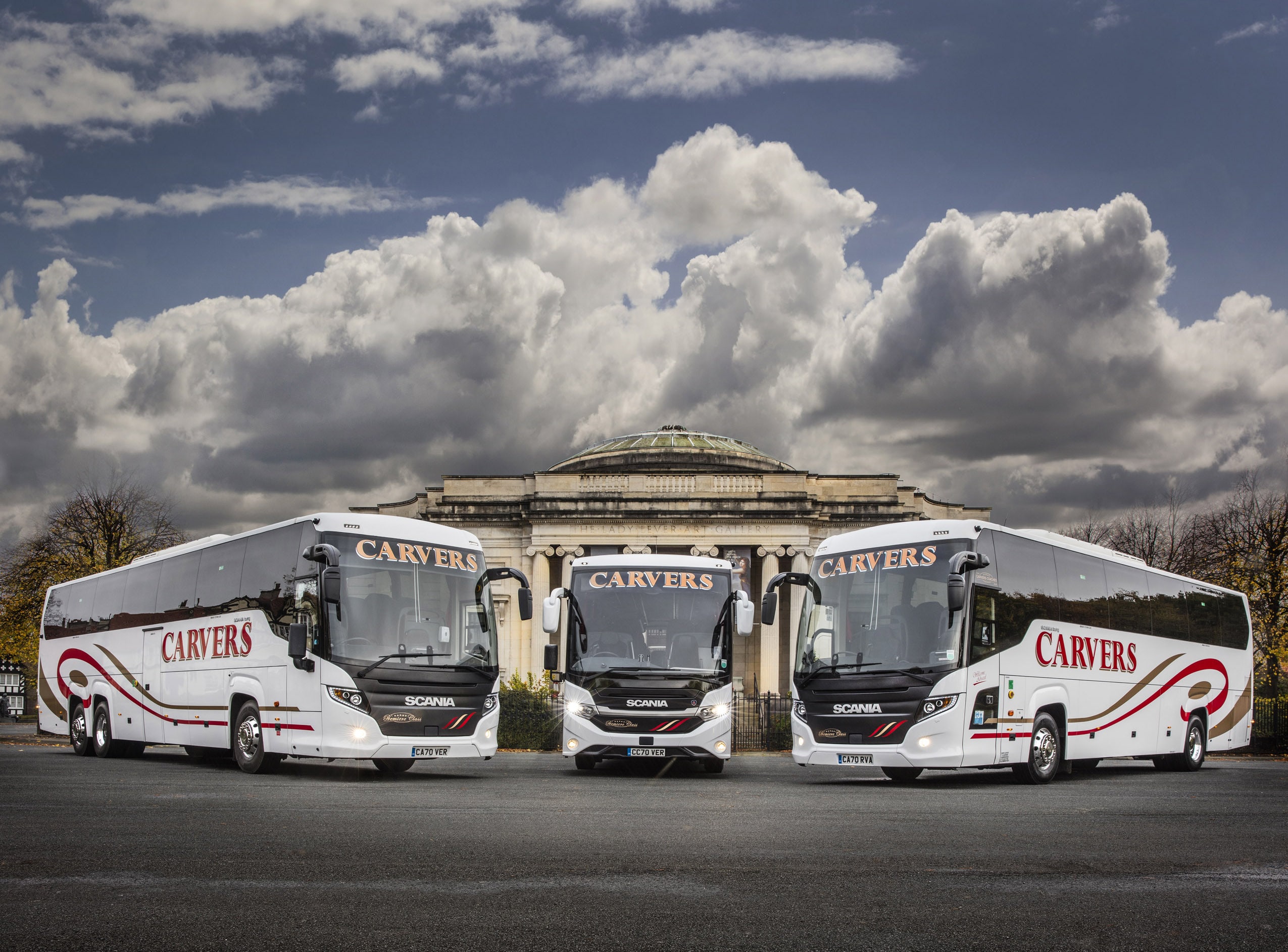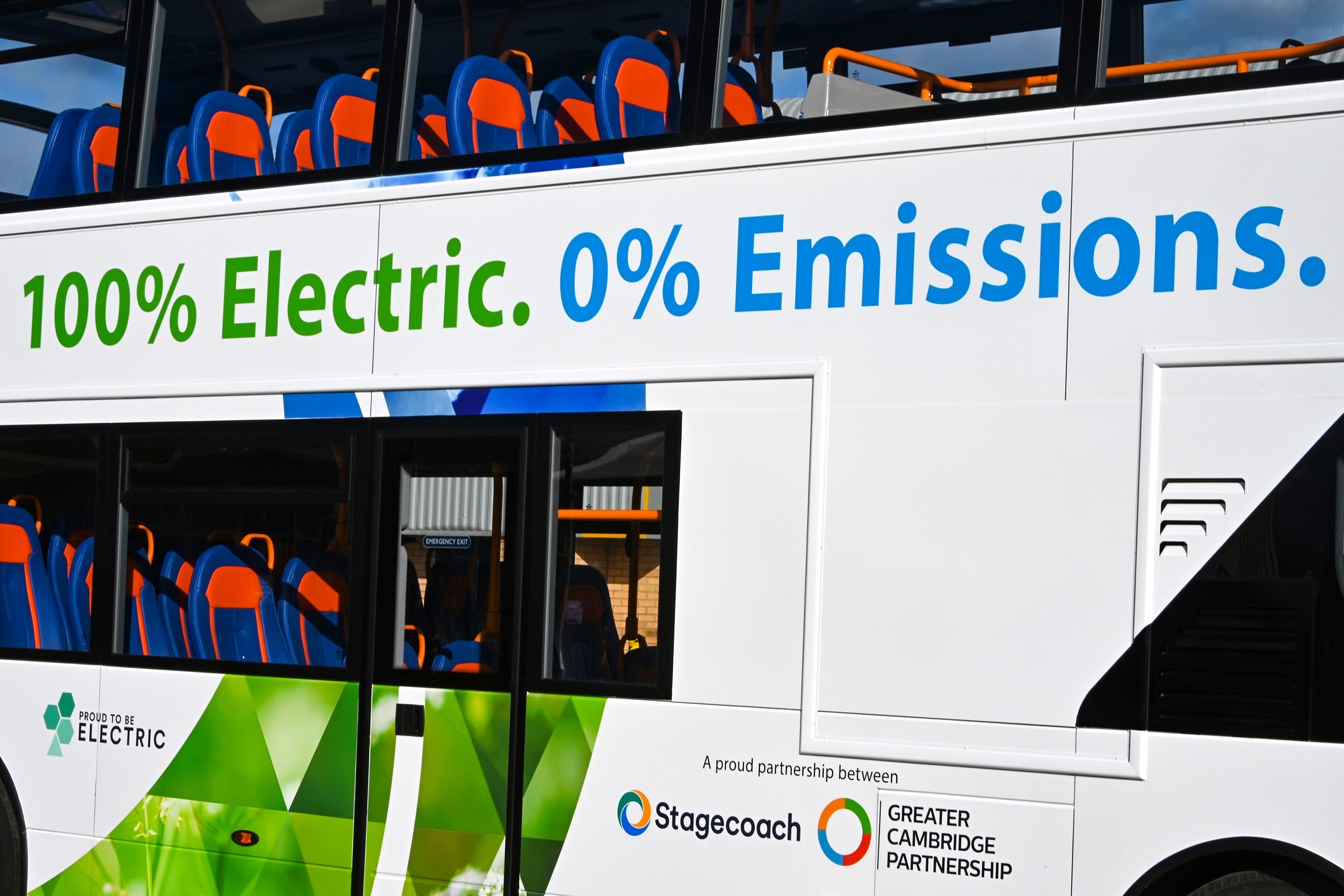Finance providers have been central to the industry since March 2020, and over that period several have gone above and beyond in helping coach operators to weather the COVID-19 storm. Scania Financial Services (SFS) is among them. It continues to work with customers to help their businesses recover. But it is also looking at how it can now increase its reach in the passenger sector.
SFS celebrates 30 years in the UK in 2021. It is led by Managing Director Alan Rhodes (pictured, above). The business’s obvious core function is to fund the purchase of new and used Scania vehicles. But a lot more surrounds that relatively straightforward concept.
Various funding models are available, and SFS can also finance items such as Euro VI retrofit on used vehicles and upgrades of coaches to achieve PSVAR compliance. Such extras are wrapped up into the single monthly repayment. They can also be added to vehicles that are part-way through an existing agreement with SFS on the same basis.
Structuring repayments for customers’ benefit
While supporting existing customers has occupied a lot of SFS’s coach and bus focus over the past 18 months, the supplier is also been working towards growth when normality returns. Nick Clarke joined in late 2020 with a remit that includes building relationships with operators in the passenger sphere.
He will then take forward the SFS proposition. “That is very much about working with customers in terms of tailoring cash flow solutions,” says Alan. “Anything that we can do to help structure repayment programmes for clients to match their cash flow, we see as being of maximum benefit.”

Two examples of that are a ‘low start’ or seasonal arrangements. In the former case, repayments at the beginning of the agreement are lower and will increase as it matures.
That, says Alan, can help a customer to get a vehicle – new or used – on the road and earning money.
A seasonal plan tracks the traditionally busy months for coaching and involves repayments that are higher then, and lower at quieter times. Such an arrangement is “quite usual” for SFS.
Vehicle-as-a-service coming, suggests Scania Financial Services
That level of creativity with repayments is more easily done under a traditional hire purchase mechanism than via leasing. That, Alan believes, is why the interest in operating lease agreements that grew a few years ago has swung back in favour of hire purchase.
However, focus may again shift towards operating lease, contract hire and even vehicle as a service-type (VaaS) models in the longer term. New technology will be a heavy influence on any such shift. VaaS is still conceptual, but Alan explains that it could be taken as far as the customer wished, up to and including the driver in an extreme.
“As a basic, you would have something like an enhanced contract hire package, so all maintenance is covered. An operator could build in insurance as well. That may be beneficial as we go forward, and particularly with new technology, because I think the insurance risks will be slightly different there.”
Taking on VaaS – where the operator would use what in effect is a usage-based subscription model – would require some major business changes. SFS is not clear on how well, if at all, it would be accepted by the coach and bus sector. “But it’s a journey that is starting to happen,” says Alan.
Scania Financial Services looking at zero-emission transition
Thoughts on funding packages for zero-emission vehicles are also starting to formulate. There will likely be a degree of tweaking from existing models; that may centre on battery packs and whether they would be funded as part of the vehicle or separately.

“That is still something that we need to finalise in terms of the best approach for the customer. A lot will depend on how long the batteries will last until they need replacing,” he continues.
Funding fixed depot infrastructure is more complicated, as it would be viewed as a fixture of the land than being directly related to the vehicle.
SFS has already turned its thoughts to the next 30 years. Technology step change is a significant part of that. Scania’s goals for sustainability as a manufacturer will also influence how SFS functions. But the financial services provider believes that business will become more immediate and more digital, with customers being able to ‘self-serve’ to a degree.
Customer portal and online commerce system coming
That will be considered in a new customer portal and online commerce system to be introduced by Scania. “Customers will be able to do anything Scania-related through it,” says Alan. “Buying parts, scheduling repair work, accessing a finance agreement or scheduling a new one by applying online and getting a quote. It is about making things as easy as possible.”
But that shift will not come to the detriment of personal relationships, he continues. “As far as we are concerned, they are absolutely key. But we also want to give the option to go onto the portal and do virtually everything that a customer may need to.”
SFS is proud of its satisfaction scores. 96% of its customers are either satisfied or very satisfied with the service provided and 99% would recommend it. Combine that with work to keep SFS aligned with future industry trends and the lesson is clear: Finance is not just about funding a vehicle.



























